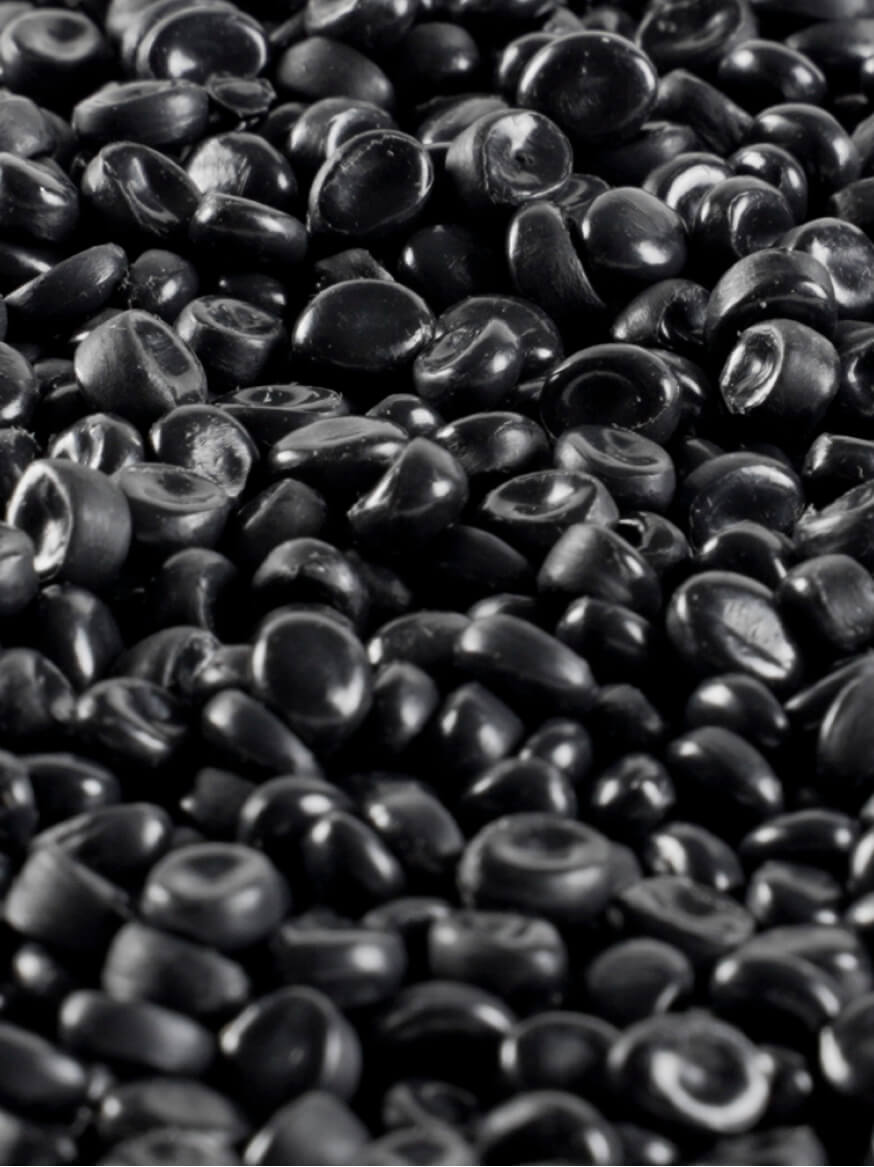Reducing the utilization of fossil sources for fuel and chemical production
In order to fight global warming, we need alternative and innovative fuels and chemicals obtained, for example, through a circular model where waste is finally considered a valuable feedstock. Leveraging MAIRE know-how in hydrotreating and hydrocracking, we are now applying our expertise to offer bio-fuels (e.g. SAF), synthetic fuels and chemicals (e.g. methanol, ethanol), e-fuels and chemicals.

Sustainable technology solutions for transportation and chemicals industry
NX SAF
Our solution for sustainable aviation fuels. This technology is offered in 4 sizes at relatively small scale: 30, 60, 90 and 120kton/y. This solution represents the best available technology for small production of SAF, unlocking the opportunity of a sustainable aviation industry.
NX Circular
Our solution for waste-to-X, transforming waste into worth. This technology is applied for “Waste-to-X” solutions converting the syngas produced into circular chemicals and fuels bridging two sectors such as waste management and chemicals and fuels manufacturing.
NX eBlue
Our solution to produce low-carbon hydrogen. NX eBlue technology exploits electrically powered steam reforming of natural gas for hydrogen production, requiring only 55% of the natural gas needed in conventional SMR. The CO2 to be captured is 45% lower than conventional SMR.
CONSER C2 Derivatives
Pioneering adaptable plant design for tailored MEA, DEA, and TEA production. The possibility to maximize one of the three products, without major plant modifications, is available thanks to the latest design improvement developed by CONSER.
CONSER C4 Derivatives
Reducing waste, elevating quality. We are capable to flexibly valorize C4 (Butane) stream into high added value molecules via upgrading to Maleic Anhydride. Strating from C4 stream, we can produce a plethora of molecules that have a wide variety of application: from biodegradable plastic production to the manufacturing of Li-ion batteries
Our world is being impacted by powerful trends that are reshaping it and go into the core of our daily lives.
Energy currently produced from fossil sources
Organic chemicals currently produced from fossil sources
Increase in Biofuels production expected by 2040
Bio and e-methanol addition to fossil-based production by 2050


